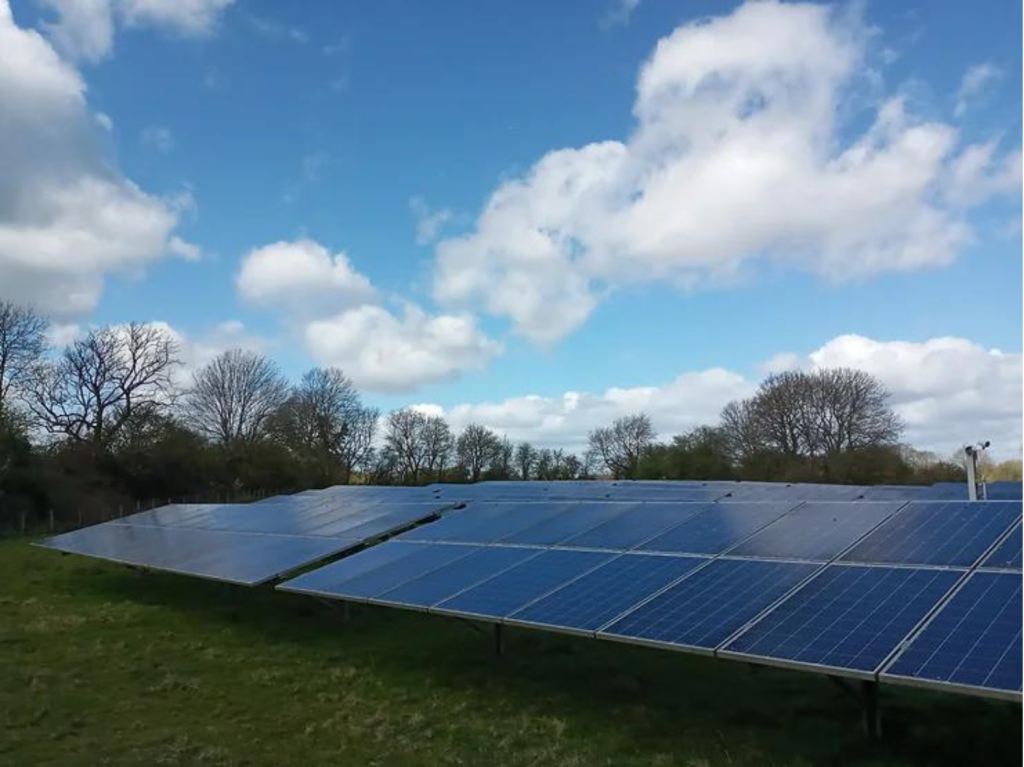
Our chair, Julian Barlow responds to reports that solar panels just can’t take the heat.
It’s still gloriously sunny here in Wiltshire, with temperatures averaging a solar panel friendly 25 degrees in the county today. After a number of poorly informed tweets from the likes of DUP MP Sammy Wilson and Spectator editor Andrew Neil, which claimed the sun being ‘too hot’ for solar had necessitated the use of coal powered generators, we at WWCE thought now would be a good time to address the myth that solar panels cease to function in the heat.
On Monday (12th June), coal power was used for the first time in 46 days, however ElectricInsights showed that solar still generated around a fifth of the UK’s electricity during the middle part of the day. Having checked GridWatch myself today, it shows that at 11.55am solar was meeting over 25% of the UK’s energy demand and peaked at 29% yesterday lunchtime.
Clearly, while it may be true that too much heat can reduce the efficiency of a solar panel, they do not need to be ‘taken offline’ (as suggested by Mr Wilson) and will continue to generate power. Indeed, more solar energy is generated over the summer months than at any other time of year according to Solar Energy UK – regardless of how hot it gets.
The University of Sheffield’s Professor of Organic Electronics, Alastair Buckley, says:
“High temperatures only marginally affect the overall output of solar power – it’s a secondary effect. If it’s sunny and hot, you are going to get good power output.” Solar Energy UK summarises the effect, noting that PV panels are typically warranted to function from -40 to +85oC, with performance falling by just 0.34 percentage points per degree outside of standard testing conditions of 25oC.
Solar farms like ours are helping people to cut their energy bills and reduce the nation’s carbon footprint, playing a vital role in the transition from fossil fuels and improving energy security. Misleading articles and poorly researched tweets will only serve to confuse people, potentially leading to unfounded concerns from those who have historically been supportive of renewables. We’ve already seen evidence of this in comments responding to proposals from a large American solar business for a new development in Wiltshire.
Given the climate crisis we are all facing, now is not the time to be sparking debate around the usefulness of solar – we should be celebrating the significant contribution it is already making to achieving net zero and a greener, cleaner future.”
Julian Barlow, Chair of Wiltshire Wildlife Community Energy
